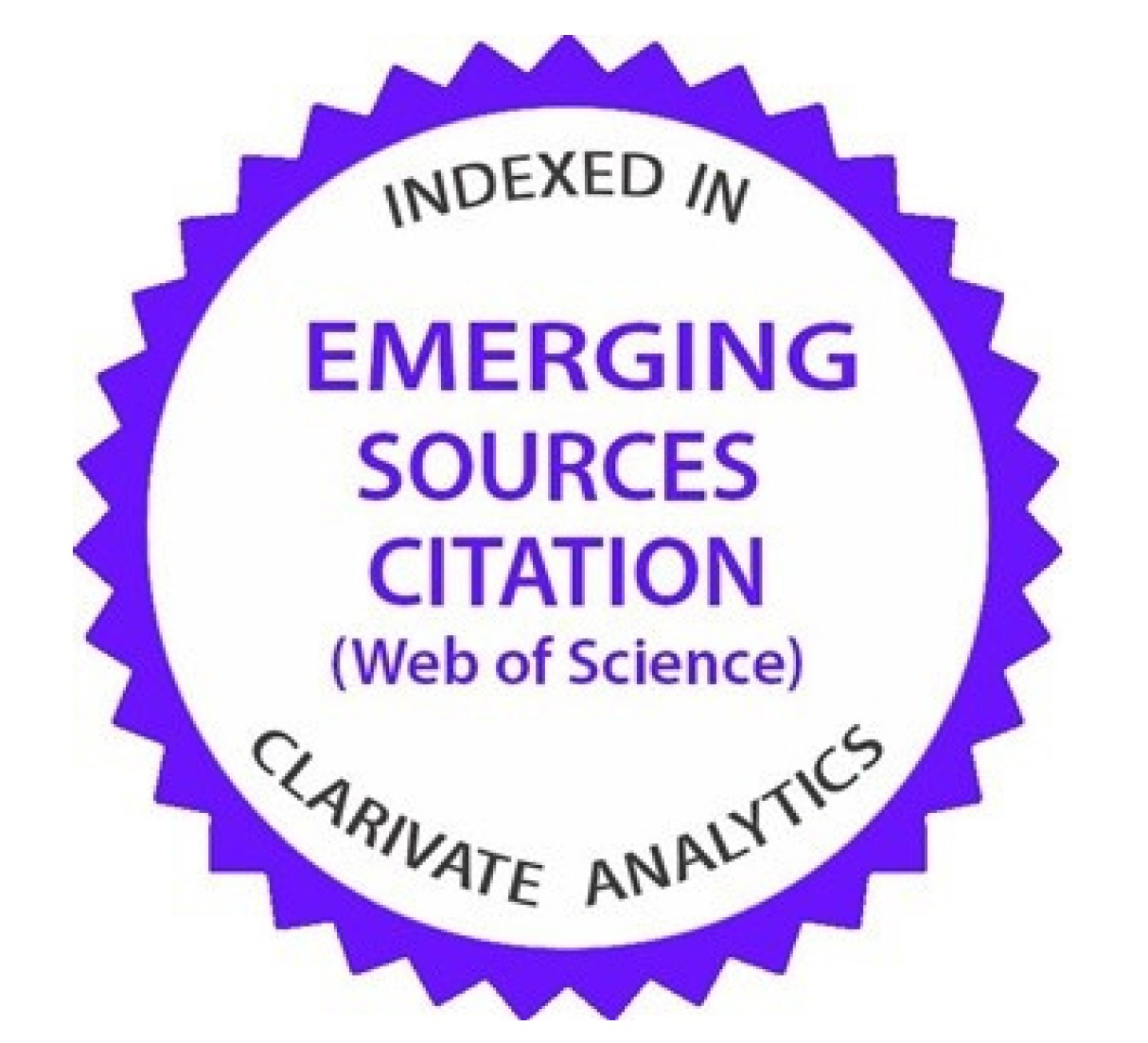Policía Comunitaria y Sistema de Dirección por Objetivos en la Policía Municipal de Madrid
DOI:
https://doi.org/10.47741/17943108.57Palabras clave:
servicios policiales a la comunidad, organización policial, investigación criminológica, Nueva Gestión Pública, Dirección por Objetivos, Policía Municipal de MadridResumen
En el ámbito de la organización policial, fundamentalmente durante las décadas comprendidas entre los 70, 80 y 90, numerosas investigaciones criminológicas, principalmente, en Estados Unidos empezaron a cuestionar el modelo tradicional de actuación policial. Las principales críticas se centraron en aspectos relacionados con la efectividad de las estrategias policiales tradicionales, pero también en el distanciamiento existente entre policía y comunidad. En este contexto y en consonancia con el auge de las políticas neoliberales apoyadas en la Nueva Gestión Pública, las organizaciones policiales van progresivamente incorporando sistemas de gestión del rendimiento, descentralización, rendición de cuentas, dirección por objetivos, entre otros. El presente artículo toma como estudio de caso la Policía Municipal de Madrid y pone de manifiesto las contradicciones existentes entre su sistema de Dirección por Objetivos y la pretendida
implantación de un modelo de Policía Comunitaria. Las dificultades y deficiencias se hacen evidentes debido a la complejidad del sistema, a la naturaleza cuantitativa de los indicadores encargados de medir la calidad del trabajo, y también al componente económico ligado al cumplimiento de dichos indicadores. Todo lo cual hace que un sistema a priori encargado de mejorar la calidad del servicio pueda llegar a ser contraproducente para la propia función policial.
Descargas
Citas
Alonso, L. E. & Fernández Rodríguez, C. J. (2016). La burocracia neoliberal y las nuevas funciones de las normas. Encrucijadas-Revista Crítica de Ciencias Sociales, 12, 1201.
Bayley, D. H. (1998). What works in policing. New York: Oxford University Press.
Bayley, D. H. (2008). Police reform: Who done it? Policing & Society, 18(1): 7-17.
https://doi.org/10.1080/10439460701718518
Butterfield, R., Edwards, C. & Woodall, J. (2005). The new public management and managerial roles: the case of the police sergeant. British Journal of Management, 16(4): 329-341.
https://doi.org/10.1111/j.1467-8551.2005.00466.x
Bayley, D. H. & Shearing, C. D. (1996). The future of policing. Law and society review, 585-60.
https://doi.org/10.2307/3054129
Casey, J. (2009). Policing the world: Theory and practice of international policing, Carolina Academic Press, Durham, NC.
Den Heyer, G. (2011). New public management: A strategy for democratic police reform in transitioning and developing countries. Policing: An International Journal of Police Strategies & Management, 34(3): 419-433.
https://doi.org/10.1108/13639511111157492
Dunleavy, P. & Hood, C. (1994). From old public administration to new public management.Public money & management, 14(3): 9-16.
https://doi.org/10.1080/09540969409387823
Eck, J. E., & Rosenbaum, D. (1994) The new police order: Effectiveness, equity and efficiency in community policing. In Community policing: Testing the promises, edited by Dennis P. Rosenbaum. Thousand Oaks, CA: Sage.
Greene, J. R. (2000). Community policing in America: Changing the nature, structure, and function of the police. Criminal justice, 3(3): 299-370.
Gillespie, J. (2006). Policing Performance Management Systems: Identifying key design elements within a 'New' Public Management context. Retrieved from http://ro.ecu.edu.au/theses/32
Golding, B. & Savage, S. (2011). Leadership and performance management. Newburn, T. (Ed.), Handbook of Policing, Willan Publishing, Portland, OR, pp. 725-59.
Goldstein, H. (1979). Improving policing: A problemoriented approach. NPPA Journal, 25(2): 236-258.
https://doi.org/10.1177/001112877902500207
Hough, M. (2003). Modernization and public opinion: some criminal justice paradoxes.Contemporary Politics, 9(2): 143-155.
https://doi.org/10.1080/1356977032000106992
Hough, M. (2010). Policing, new public management and legitimacy. The new public leadership challenge: The rhetoric and reality of public reform, 70-84.
https://doi.org/10.1057/9780230277953_5
Jones, T. & Newburn, T. (2002). The transformation of policing? Understanding current trends in policing systems. British journal of criminology, 42(1): 129-146.
https://doi.org/10.1093/bjc/42.1.129
Kelling, Pate, Dieckman & Brown (1974), con su investigación The Kansas City Preventive Patrol Experiment.
Loader, I. & Mulcahy, A. (2003). Policing and the condition of England: memory, politics and culture. Oxford University Press.
https://doi.org/10.1093/acprof:oso/9780198299066.001.0001
Fernández, M. (1994). La policía local ante una nueva cultura profesional. Cuadernos de trabajo social. Ed. Universidad Complutense, (7): 165-178.
Fernández, M. & Torrente, D. (2016). La reforma de la policía en Europa: desafíos, debates y alternativas. Desafíos, vol. 28 (2): 113-144.
https://doi.org/10.12804/desafios28.2.2016.03
McLaughlin, E., Muncie, J. & Hughes, G. (2001). The permanent revolution: New Labour, new public management and the modernization of criminal justice. Criminal Justice, 1(3): 301-318. Newburn, T. (2017) Criminology (3a Ed.) New York: Routledge.
https://doi.org/10.1177/1466802501001003003
Osborne, D. & Gaebler, T. (1992). Reinventing government: How the entrepreneurial spirit is transforming government. Reading Mass. Adison Wesley Public Comp.
Savage, S. P. & Leishman, F. (1996). Managing the police: a force for change? Managing the New Public Services (242-256). Palgrave, London.
https://doi.org/10.1007/978-1-349-24723-3_12
Sklansky, D. (2011) The Persistent Pull of Police Professionalism. New Perspectives in Policing; UC Berkeley Public Law Research Paper.
Skogan, W. (2006). The Promise of Community Policing. David L. Weisburd y Braga, A. A.Police Innovation: Contrasting Perspectives. New York: Cambridge University Press.
Spelman, W. & Brown, D. K. (1981). Calling the police: Citizen reporting of serious crime.Washington, DC: Police Executive Research Forum.
Van de Walle, S. & Hammerschmid, G. (2011). The impact of the new public management: Challenges for coordination and cohesion in European Public Sectors. Halduskultuur - Administrative Culture 12 (2): 190-209.
Trojanowicz, R. C. & Carter, D. (1988). The philosophy and role of community policing. National Neighborhood Foot Patrol Center, School of Criminal Justice, Michigan State University.
Visher, C. A. & Weisburd, D. (1997). Identifying what works: Recent trends in crime prevention strategies. Crime, Law and Social Change, 28(3- 4): 223-242.
https://doi.org/10.1023/A:1008229431999
Weisburd, D. & Eck, J. E. (2004). What can police do to reduce crime, disorder, and fear? The Annals of the American Academy of Political and Social Science, 593(1): 42-65.
https://doi.org/10.1177/0002716203262548
Wiatrowski, M. & Pritchard, A. (2003), Democratic policing, post-conflict criminology and democratic development, unpublished
Willis, J.J. (2014) A Recent History of the Police. In: Reisig MD, Kane R (eds) The Oxford handbook on police and policing. Oxford University Press, Oxford, pp 3-33














